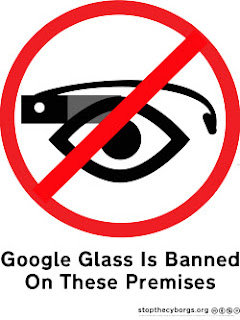SiNode Systems announced earlier that they won the grand prize of Rice Business Plan Competition, which recognizes start-ups and promote the most innovative projects. In addition to the main prize, the young company has obtained various other rewards for a total of 911,400 dollars.
The company founded by six students from Northwestern University under the guidance of their teacher is developing technology that could significantly extend the life of our batteries by adding a layer of Graphene(a substance composed of pure carbon).
Simply put, they use a Graphene layer pierced instead of graphite found on the anodes of the current lithium-ion batteries. According to initial tests, this "simple" change multiplies by ten the life of the battery and allows to significantly accelerate the cool down process while being suitable for traditional batteries.
The results are already conclusive: all that's left is to industrialize the process for the market by carrying themselves to manufacturing, selling the license of this technology. It may therefore happen sooner than we think.
The company founded by six students from Northwestern University under the guidance of their teacher is developing technology that could significantly extend the life of our batteries by adding a layer of Graphene(a substance composed of pure carbon).
Simply put, they use a Graphene layer pierced instead of graphite found on the anodes of the current lithium-ion batteries. According to initial tests, this "simple" change multiplies by ten the life of the battery and allows to significantly accelerate the cool down process while being suitable for traditional batteries.
The results are already conclusive: all that's left is to industrialize the process for the market by carrying themselves to manufacturing, selling the license of this technology. It may therefore happen sooner than we think.












